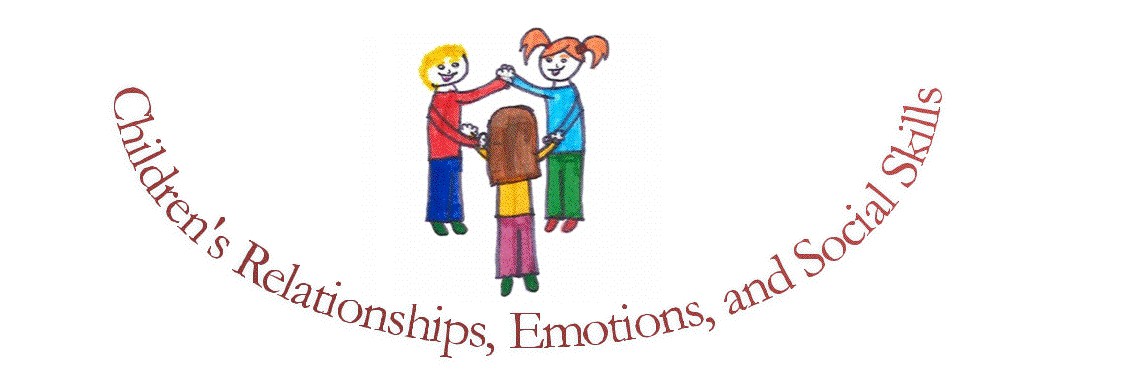One of my favourite parts of the week is the regular CRESS lab discussion group when we discuss ideas, recent research findings, and papers in progress. Each session invariably brings with it really thought-provoking exchanges, and I’m often struck by the way in which we seem to find commonalities and links among things that at first seem quite separate.
In the last couple of weeks, we’ve talked about the potential value of participating in the creative arts for the psychosocial development of young people, particularly those who are facing challenging life circumstances. Our Beating the Odds project has involved working with a variety of arts organisations that enable young people from a variety of backgrounds to experience, create, produce, perform, direct, and much more. And we have seen some remarkable developments in terms of self-awareness, aspirations, self-efficacy, coping, perspective-taking, and empathy. We have often spoken in our CRESS lab meetings about the factors that help to drive these developments, with one of these undoubtedly being the young people’s sense of coming together in a nurturing and safe space, with the support of experienced and highly skilled practitioners.
And recently I had the pleasure of seeing (twice!) Glyndebourne Youth Opera’s superb performance of Nothing, which brought together an impressive company of young professionals with immensely talented 14- to 19-year-old singers and instrumentalists. Having worked closely over the past few months with the education team at Glyndebourne, led brilliantly by Lucy Perry, it was wonderful to see the young people coming together to perform in such a powerful and dramatic opera.
A final example of this ‘coming together’ in the creative arts comes from our collaboration with Ed Hughes, head of music at Sussex, on the NETEM project, which uses networking technology to enhance ensemble music-making. The work involves using networked iPads to scaffold an ensemble’s progress as the musicians work through a score. Having seen this in action with both adult musicians and a primary school orchestra, I’ve been struck by how the technology has the very real potential to enhance the musicians’ sense of actually feeling like a unified ensemble, where every part (and every person) counts.
Now, at the same time, Jess Cotney – a PhD researcher in the CRESS lab – has been taking forward an innovative programme of work on kindness and well-being in adolescence. She recently presented a paper at our weekly meeting on her first, exploratory study of how adolescents conceive of kindness – what kindness actually looks like to young people, what they see as the antecedents/triggers, what they perceive to be the consequences, and what personal and social-contextual factors make a difference to all of the above. Among the many memorable points from her work, Jess showed that local teens described kindness as ‘contagious’, observing that one kind act spawns another, and that in this way it has the potential to connect people with each other.
In the course of our subsequent lab group discussions — which frequently continue online after our meetings — fellow psychologist Adhip Rawal drew our attention to Cirelli et al.’s (2014) recent paper showing that 14-month-olds who bounced to music in synchrony with the experimenter showed greater altruistic behaviour towards (i.e., were more inclined to help) the experimenter in a subsequent task. And then others stepped into the discussion to point out that this phenomenon has been investigated by social psychologists in adult populations too, again in the context of music and the arts.
I feel like we’ve only scratched the surface of a fascinating interplay between social bonds, kindness, and the creative arts, but it has definitely given us much food for thought as we take forward — and begin to connect — these interesting programmes of work.


Leave a Reply